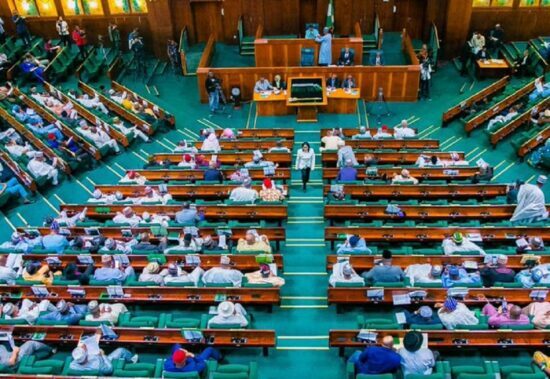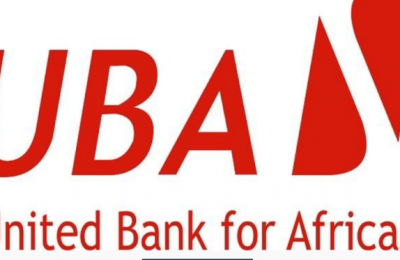
The House of Representatives on Tuesday directed the Central Bank of Nigeria (CBN) to halt its directive on the addition of social media handles as part of the Know Your Customer (KYC) requirement for bank customers in the country.

This followed the adoption of a motion moved by Hon. Kingsley Chinda, Hon. Ginger Onwusibe, Hon. Victor Ogbuzor, Hon. Laori B. Kwamati Hon. Mark Essiet, Hon. Blessing, Amadi, Hon. Kelechi Nwogu Hon. Abdulsamad Dasuki Hon. Fred Agbedi at the plenary.
In addition the House mandated the Committee on Banking and Currency (when constituted) to investigate the matter and report back within three weeks for further legislative action.
The motion which was presented on the floor by Hon Nwogu noted the recent directive by the Central Bank of Nigeria to Commercial Banks on the addition to social media handles on “know Your Customer” requirements, thus making it mandatory for Commercial Banks to comply.
The House said it was aware that recently the Central Bank of Nigeria released its Customer Due Diligence Regulations, 2023, noting the importance of social media handles on “Know Your Customer” would galvanize compliance with anti-money laundering and counter-terrorism financing provisions.
It also noted that obtaining the additional information, would be useful to financial institutions in accessing customers’ online presence and activities, thus enabling better assessment of potential risks associated with money laundering, terrorism financing and proliferation financing
The House further observed that as laudable as this directive may appear, it may be unnecessary as it is likely to bear pressure on teeming Nigerian masses at trying period.
It said it was cognizant of the fact that this directive by the CBN is in conflict with the provision of Section 37 of the Constitution of the Federal Republic of Nigeria, 1999 (as amended) on the right to privacy of Citizens.
The House it was also cognizant of the fact that banks in the country already have the names, telephone numbers, passport photographs, emails, National Identification Number (NIN), Biometric Verification Number (BVN), utility bills and other basic requirements with which to identify, know and monitor customers.
The House said there are better means of monitoring money laundering, terrorism financing, and proliferation financing, such as the Nigeria Police Force (NPF), Nigeria Financial Intelligence Unit (NFIU), the Economic and Financial Crimes Commission (EFCC), intelligence and crime tracking agencies, amongst others.
It was worried that if the directive takes effect, Nigerians who are not on social media, with large turn overs from their businesses and trades, would be compelled to or systematically excluded from formal banking systems with its attendant negative effects and implications.
The House was also worried about the untold hardships this directive will cause millions of Nigerians, especially the illiterates, or semi-literate business owners, traders and entrepreneurs living in the villages and rural areas who do not have social media handles.
It expressed concern that implementing the CBN’s directive at this point may clearly be unnecessary as it is likely to bear a lot pressure on teeming Nigerian masses.
The House stressed the need to revisit and halt the Central Bank of Nigeria directive to reduces the hardship and pain faced by teeming Nigerian.
The motion was unanimously supported by the members when they motion was put in to voice vote by the Speaker Hon Tajudeen Abbas
The House mandated the Committee on Legislative Compliance (when constituted) to ensure implementation.
Also Read:
Lift ban on sales of fuel to border communities, House of Reps urges FG
Security operatives burn intercepted 800,000 litres stolen crude oil vessel







